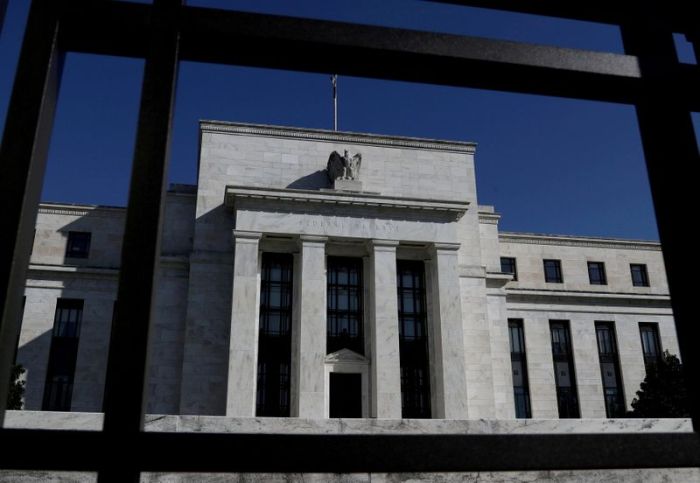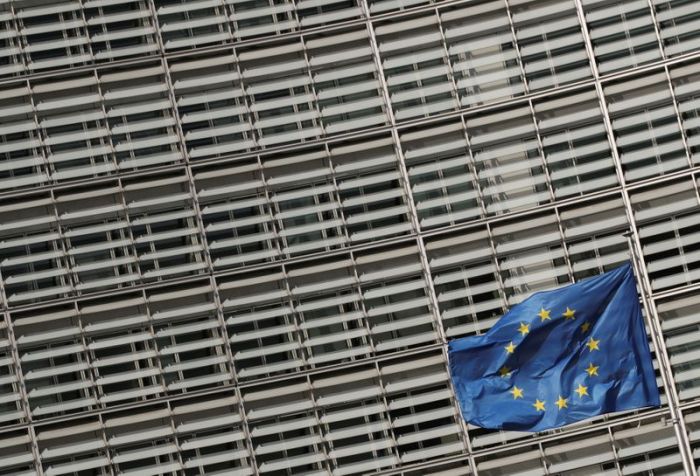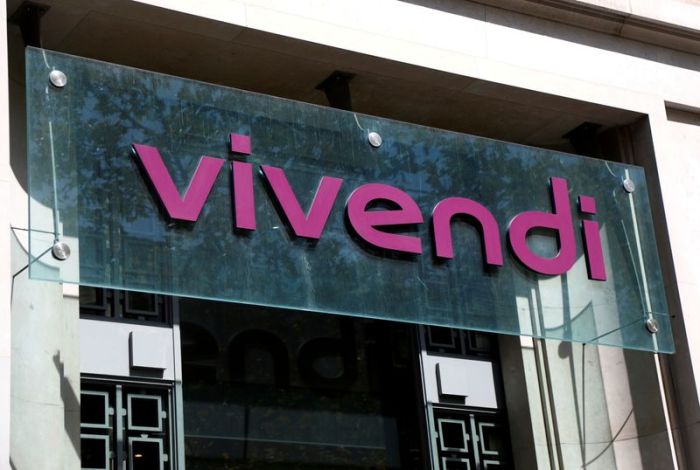WASHINGTON (Reuters) -The chief executives of major U.S. retailers including Target, Home Depot, Kroger, CVS Health, Autozone and Best Buy on Thursday urged Congress to take action to address the online sale of stolen, counterfeit and dangerous consumer products.
The group called on Congress to crack down on anonymous online sales, citing the growing impact of organized retail crime.
“Retail establishments of all kinds have seen a significant uptick in organized crime in communities across the
nation,” the letter said.
“Criminals are capitalizing on the anonymity of the Internet and the failure of certain marketplaces to verify their sellers. This trend has made retail businesses a target for increasing theft.”
On Friday, the White House said it has been in contact with federal law enforcement officials over a string of flash mob “smash and grab” robberies of U.S. retail stores.
A wave of “smash-and-grab” crimes is plaguing upscale stores in major U.S. cities, with mobs of thieves making off with expensive goods in brazen raids. The cities of San Francisco and Los Angeles have seen a several high-profile robberies.
The letter, which was also signed by the CEOs of Neiman Marcus, Levi Strauss, Rite Aid, Walgreens Boots Alliance, calls on Congress to pass legislation to make it “easier for consumers to identify exactly who they are buying from, and make it harder for criminal elements to hide behind fake screennames and false business information.”
The bill introduced in 2020 would require verification of third-party sellers on online retail marketplaces. It would also order online platforms allowing for third-party sellers of consumer products “to authenticate the identity of high-volume third-party sellers” to “prevent organized retail crime”.
Online marketplaces would need to verify high-volume third-party sellers by obtaining seller’s government ID, tax ID, bank account information, and contact information.
(Reporting by David Shepardson; Editing by Angus MacSwan)

























